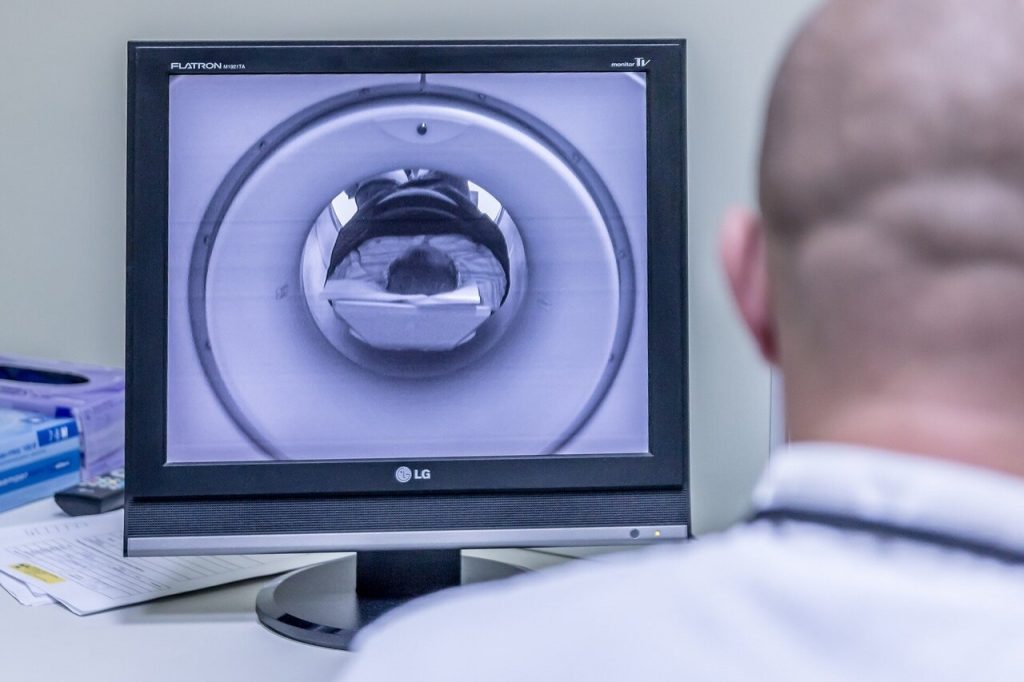Researchers have created a low-cost MRI scanner prototype that offers high-quality neuroimaging. The technology has the potential to increase MRI access in low and middle-income countries and at the point of care.
Even though magnetic resonance imaging (MRI) is the most valuable clinical tool for diagnosing brain disorders, over 70% of the world’s population is expected to have limited or no access to it. Conventional MRI scanners range in price from $1 million to $3 million, with $15,000 monthly expenditures. They also require a lot of power to cool superconducting magnets.

HKU team describes the design of a portable, low-cost, ultra-low field (0.055 Tesla) MRI system in their study published in Nature Communications. However, a conventional MRI uses magnetic fields of up to 3 tesla (T). The researchers believe that the gadget could be mass-produced for less than US$20,000 in materials and run from a conventional AC wall power outlet, with no RF or magnetic shielding.

They were able to eliminate electromagnetic interference using machine learning, and the machine produced high-quality structural neuroimaging that could be used to diagnose brain disorders successfully. The researchers performed early assessments on 25 patients to determine neurological illnesses such as stroke and tumors. Compared to traditional 3 Tesla MRI scans, their system discovered the majority of significant diseases in all patients.

The authors conclude that this technology can meet high medical requirements in healthcare areas across the country. So they’re making the key code and designs available for free in a public web repository.
The findings were reported in the journal Nature Communications.
Source: University of Hong Kong via Asia Research News


